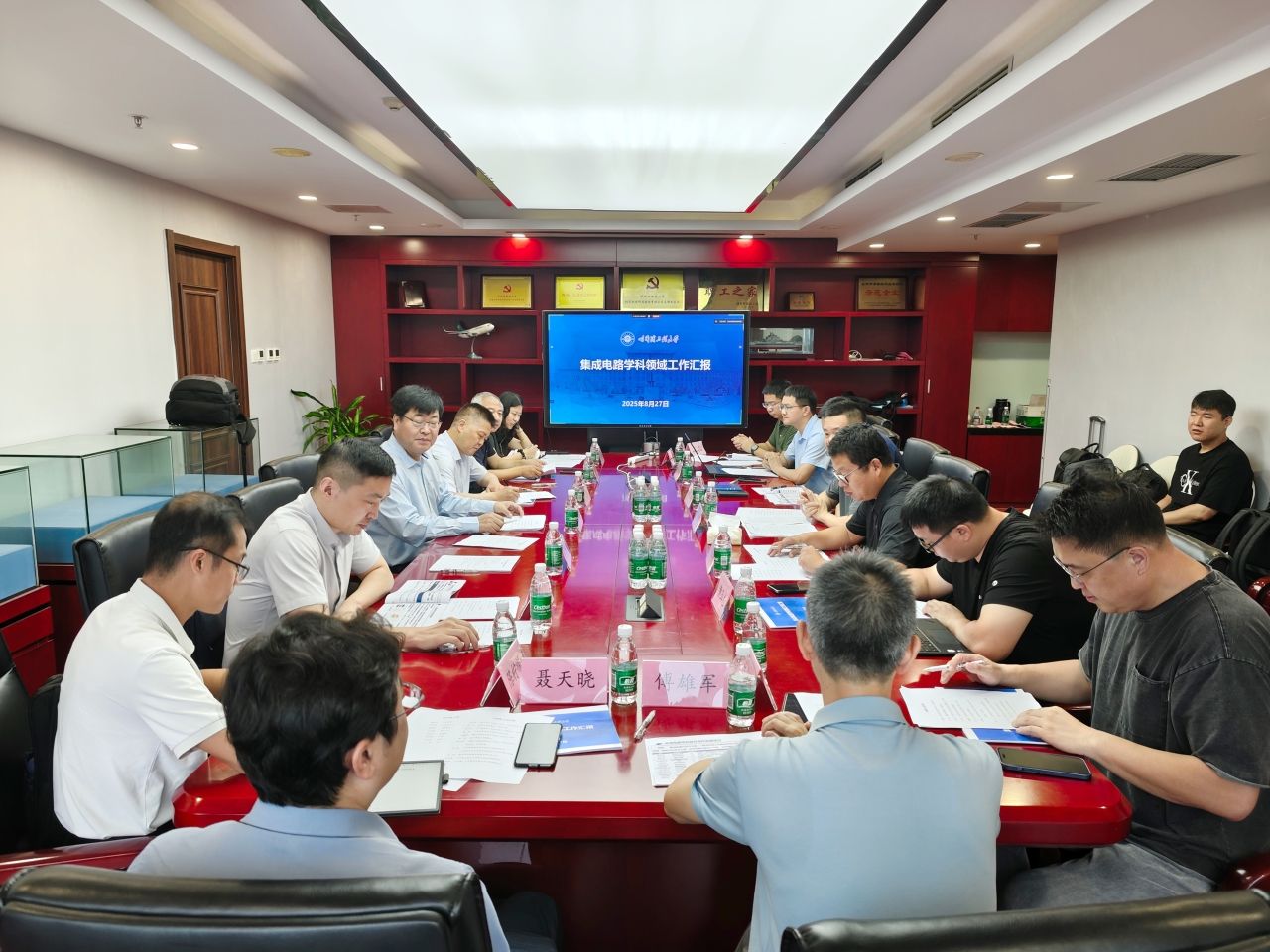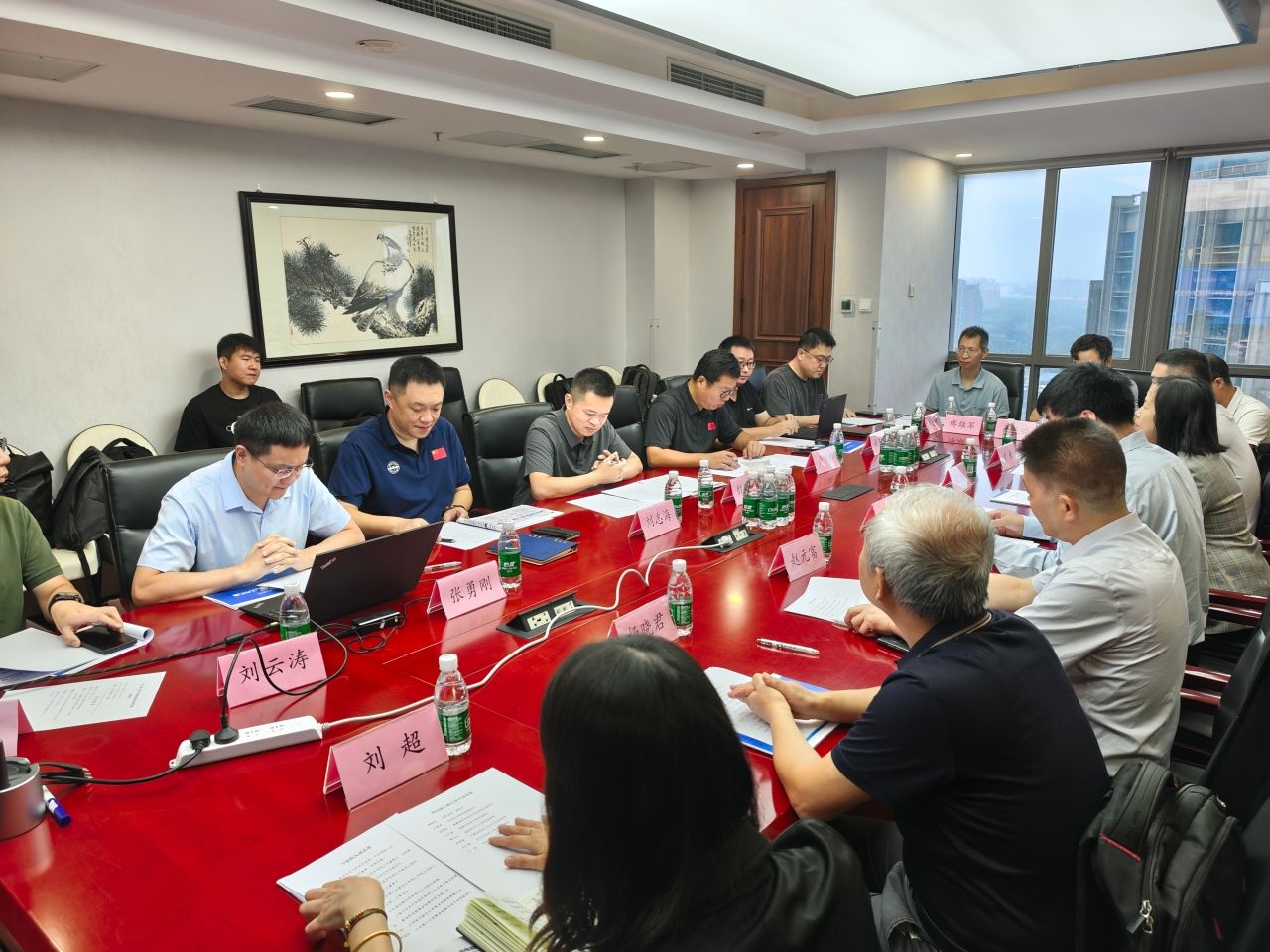On August 27, Harbin Engineering University (HEU) convened an advisory meeting on integrated circuit research and development. Vice President YIN Jingwei attended and addressed the event.

YIN Jingwei emphasized that HEU has carried out forward-looking research with notable outcomes in specialized areas such as integrated circuits related to shipbuilding, ocean engineering, and nuclear applications, as well as signal processing chips. He noted that the university boasts a competent and well-structured faculty team. Moving forward, HEU will leverage its established strengths in distinctive disciplines including maritime, navigation, and acoustics to enhance collaboration and innovation in IC research, and will pursue a development strategy characterized by “interdisciplinary emphasis, robust collaboration, and foundational strength,” jointly establishing laboratories and R&D platforms with key industry partners. Through structured research programs, HEU aims to build a complete innovation chain spanning materials, design, and manufacturing processes. It will actively pursue major national research projects and develop a series of proprietary core chip technologies.
Professor ZHANG Yonggang from the College of Intelligent Systems Science and Engineering delivered a report outlining the current research activities and future plans in integrated circuits.

After listening to the report, the attending experts spoke highly of HEU’s research progress and development planning in integrated circuits. They unanimously agreed that HEU has carved out a distinct research direction with a clear focus on cutting-edge IC fields, particularly in “oceanic chips.” With systematic planning in key areas such as micro-nano semiconductors and optoelectronic integrated devices, IC design technology and system chips, IC processing technology and sensors, as well as advanced packaging and intelligent systems, the university has established an end-to-end innovation system covering design, manufacturing, system integration, and marine environmental validation. This reflects strong organizational capability and a solid foundation for interdisciplinary integration. The experts recommended that the university intensify efforts in attracting and cultivating high-end talent in IC design and processing, deepen substantive collaboration with national-level institutions such as the Institute of Microelectronics of the Chinese Academy of Sciences, and promote a balanced development of basic research, key technology breakthroughs, and engineering applications. Their suggestions provide valuable guidance for the future development of IC research at HEU.
